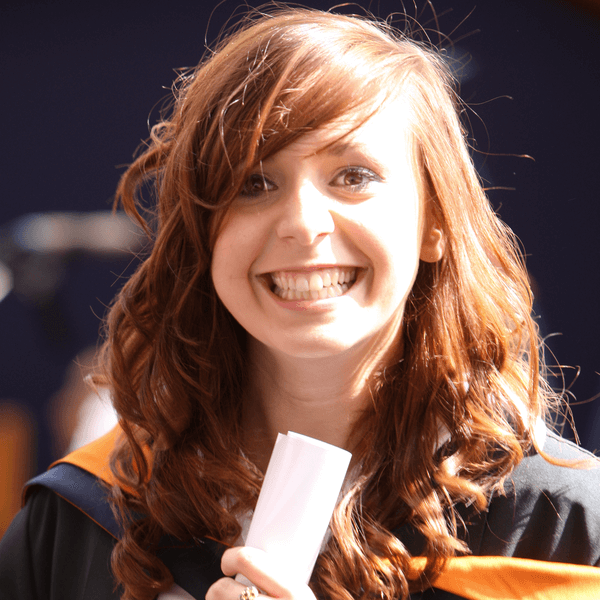Course modules
Core modules (Generic route):
Linguistics for English Language Teaching (30 credits)
Explore the properties of language and apply linguistics and language awareness to classroom-based methodology and pedagogies. Evaluate and compare theories and findings and analyse their applicability to a variety of social contexts. Extract features of the theory that are relevant to specific teaching contexts and discuss the aspects that might enhance your teaching of English to speakers of other languages.
The Research Process (30 credits)
Gain a comprehensive introduction to the research process as it relates to enquiry in TESOL and applied linguistics. Explore the primary stages of engaging in a research project, from developing research questions and systematically reviewing the literature to identifying, evaluating, and defending research methods and modes of analysis. Facilitate your ability to critically read, evaluate and synthesise a body of research.
TESOL: Practical Teaching (30 credits)
Critically examine what happens when we try to bring ideas to life and reflect continuously to become a lifelong reflective practitioner. Gain an introductory understanding of communicative language teaching, the post-methods approach, multimodality, curriculum design and digital literacies. Learn skills which include designing an English Language Teaching lesson plan, creating and adapting classroom resources, using teaching technology, and approaching how to teach reading, writing, speaking, and listening.
Dissertation (60 credits)
Work independently to apply knowledge, skills and experience developed earlier in the course by undertaking a substantial piece of research based on primary sources. Examine topics related to classroom practice and language in use, on both a theoretical and practical basis.
Core modules (Young Learners route):
Linguistics for English Language Teaching (30 credits)
Explore the properties of language and apply linguistics and language awareness to classroom-based methodology and pedagogies. Evaluate and compare theories and findings and analyse their applicability to a variety of social contexts. Extract features of the theory that are relevant to specific teaching contexts and discuss the aspects that might enhance your teaching of English to speakers of other languages.
The Research Process (30 credits)
Gain a comprehensive introduction to the research process as it relates to enquiry in TESOL and applied linguistics. Explore the primary stages of engaging in a research project, from developing research questions and systematically reviewing the literature to identifying, evaluating, and defending research methods and modes of analysis. Facilitate your ability to critically read, evaluate and synthesise a body of research.
TESOL: Practical Teaching for Young Learners (30 credits)
Critically examine what happens when we try to bring ideas to life and reflect continuously to become a lifelong reflective practitioner, with a specific focus on young learners. Gain an introductory understanding of multimodality and ‘communication focused’ learning through play and storytelling. Learn skills which include designing an English Language Teaching lesson plan, creating and adapting classroom resources, using teaching technology, and approaching how to teach reading, writing, speaking and listening.
Dissertation (60 credits)
Work independently to apply knowledge, skills and experience developed earlier in the course by undertaking a substantial piece of research based on primary sources. Examine topics related to classroom practice and language in use, on both a theoretical and practical basis.
Optional modules (both routes*):
Theories of Second Language Learning (30 credits)
Gain an up-to-date overview of the state of second language learning, exploring some of the most influential contemporary approaches to SLA, such as sociocultural theory, identity theory, and second language socialisation theories. Examine the impact of these theories on the development of language teaching methods and approaches and their application more generally to TESOL classes and to your own contexts.
Corpus Linguistics for Language Teaching (30 credits)
Explore the exciting and rapidly developing field of corpus linguistics, designed for teachers of English as a second or foreign language. Become familiar with different types of corpora and learn the fundamentals of corpus-based and corpus-driven research. Consider the pedagogical applications of corpus linguistics from the perspective of the teacher and the learner.
Language, Discourse and Power (30 credits)
Examine the relationships between language, culture, and power with a concentration upon the examination of the theoretical basis for the more focused work which follows, and a consideration of sociolinguistic approaches to issues of language and culture. Explore topics including language and gender, metaphor and discourses of power, class, ethnicity and power, language and the environment, media language, and language and organisations.
TESOL for Young Learners (30 credits)
Gain an overview of current research and practice related specifically to the teaching of English to young learners. Critically explore and evaluate key teaching practices such as the use of picture books, active learning strategies, songs and music, games, and how these can be used effectively to teach reading, speaking, listening, grammar, vocabulary and pronunciation in the early years classroom. Develop a clear understanding of different approaches to teaching English to young learners, as well as critical knowledge around a wide range of classroom practices.
*Students on the Young Learners route must elect to take TESOL for Young Learners and must also complete a dissertation on the theme of young learners.
Please note that modules may vary from year to year. Some modules have prerequisites. Read more about what this means in our Help and Advice article.




